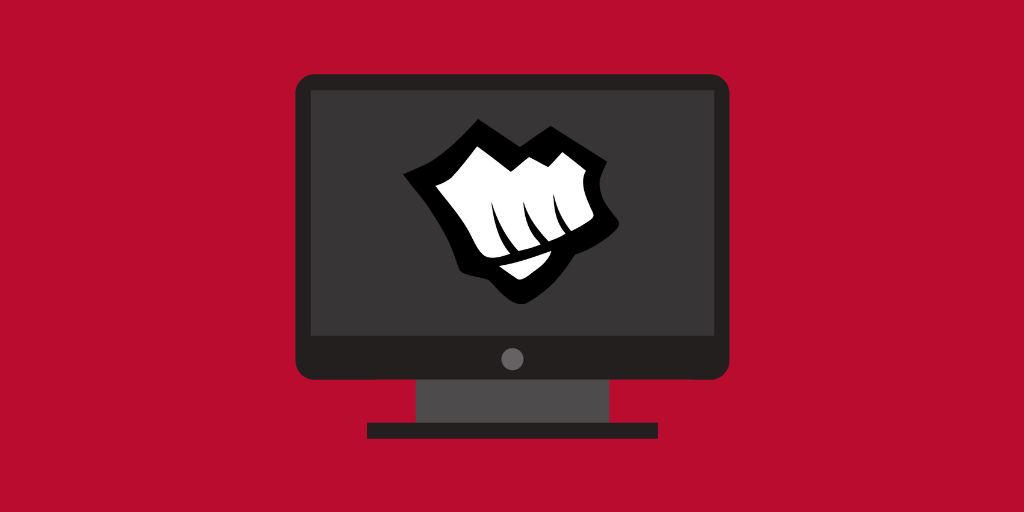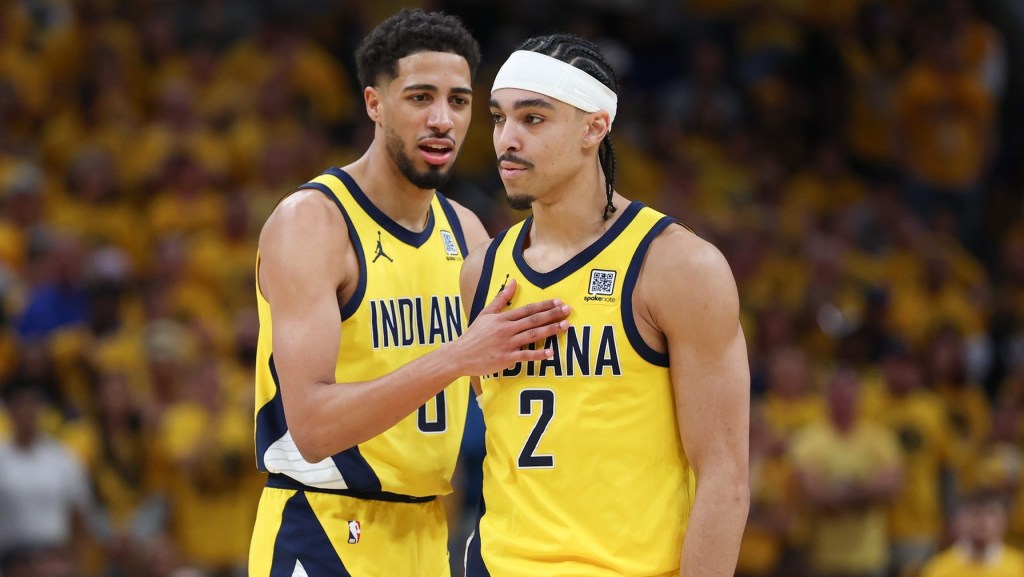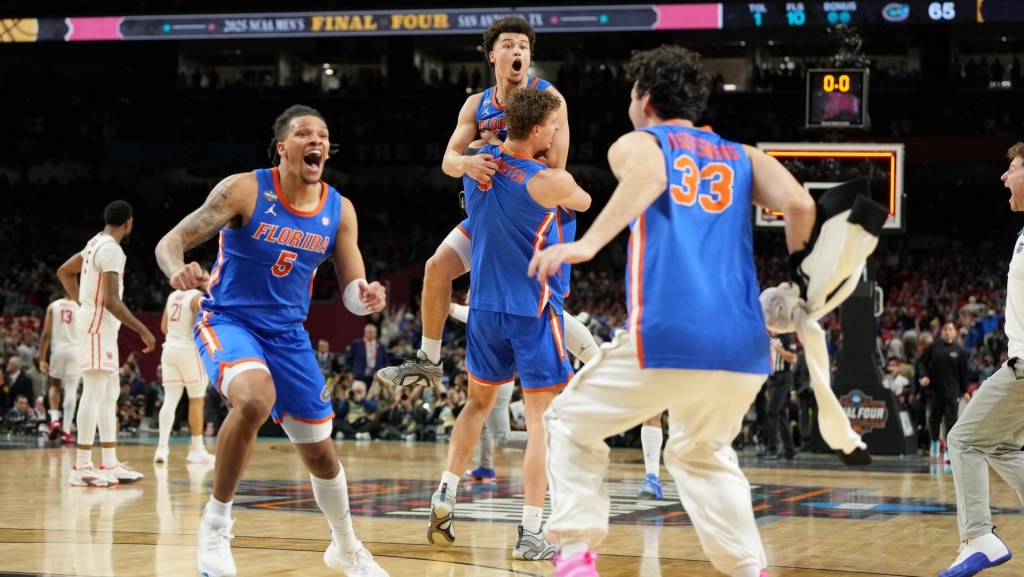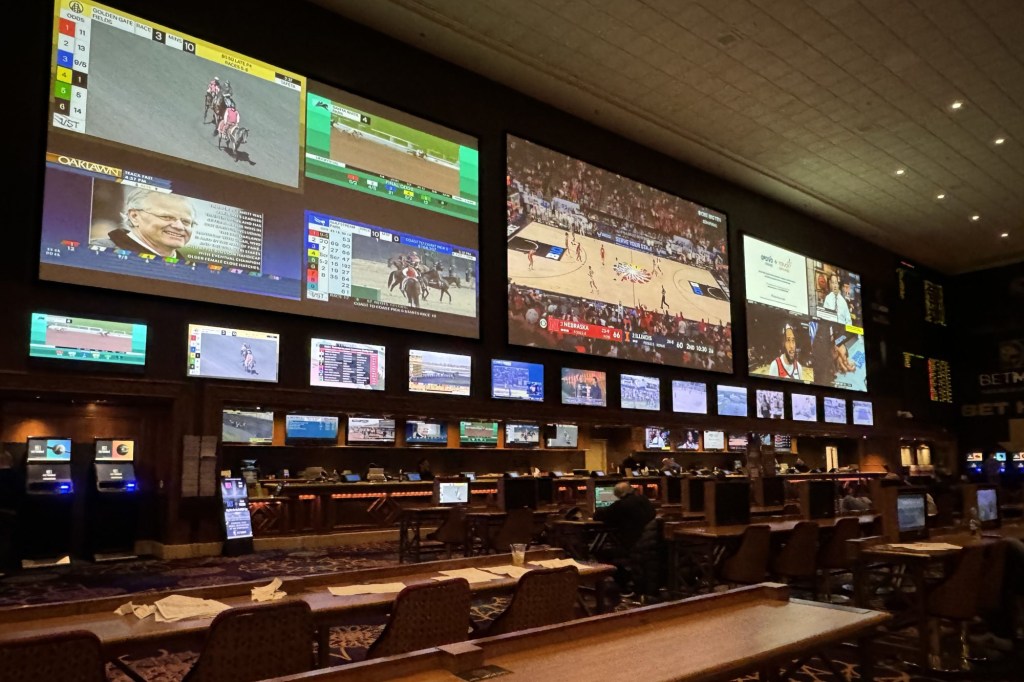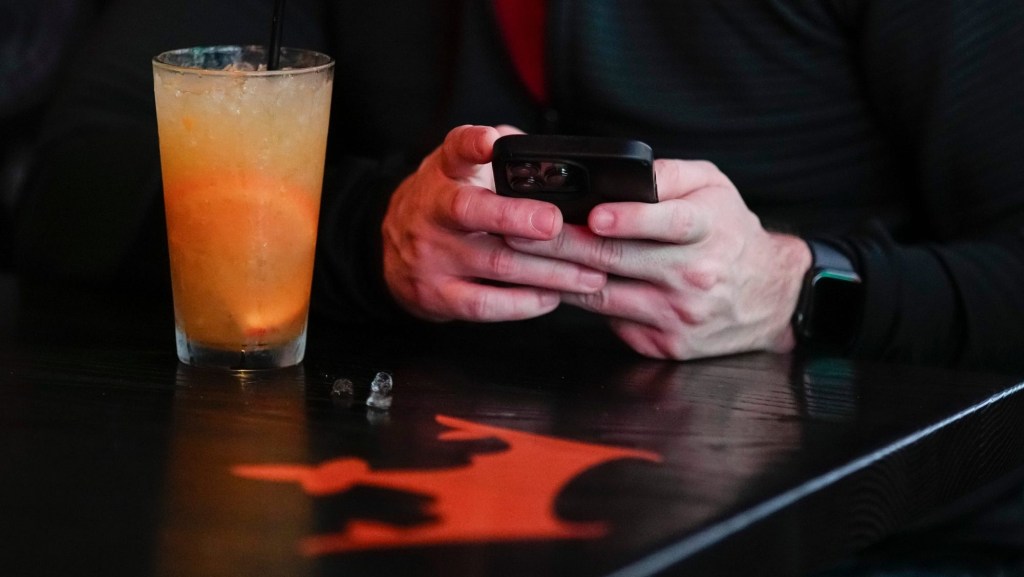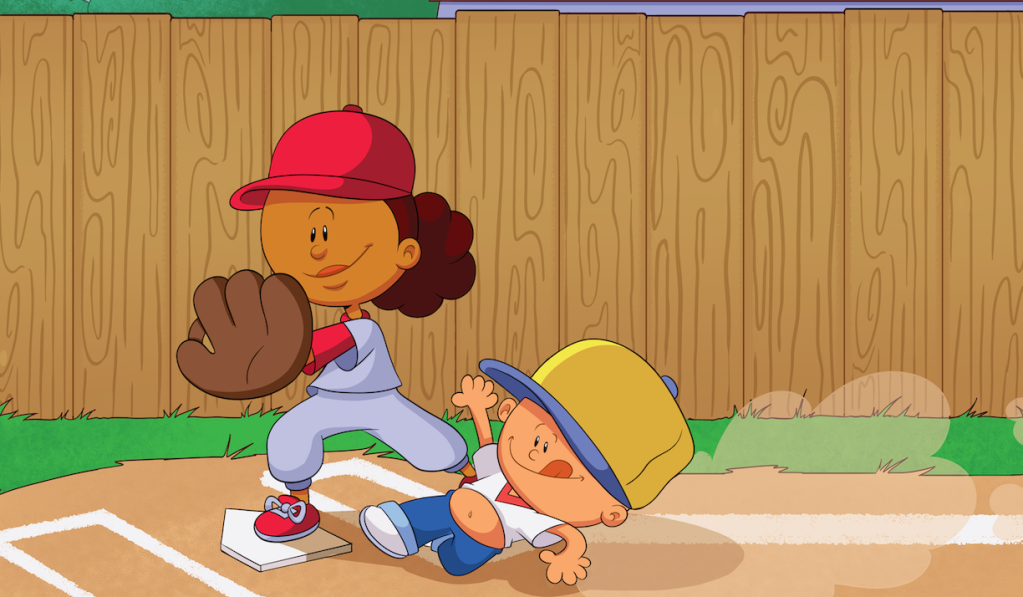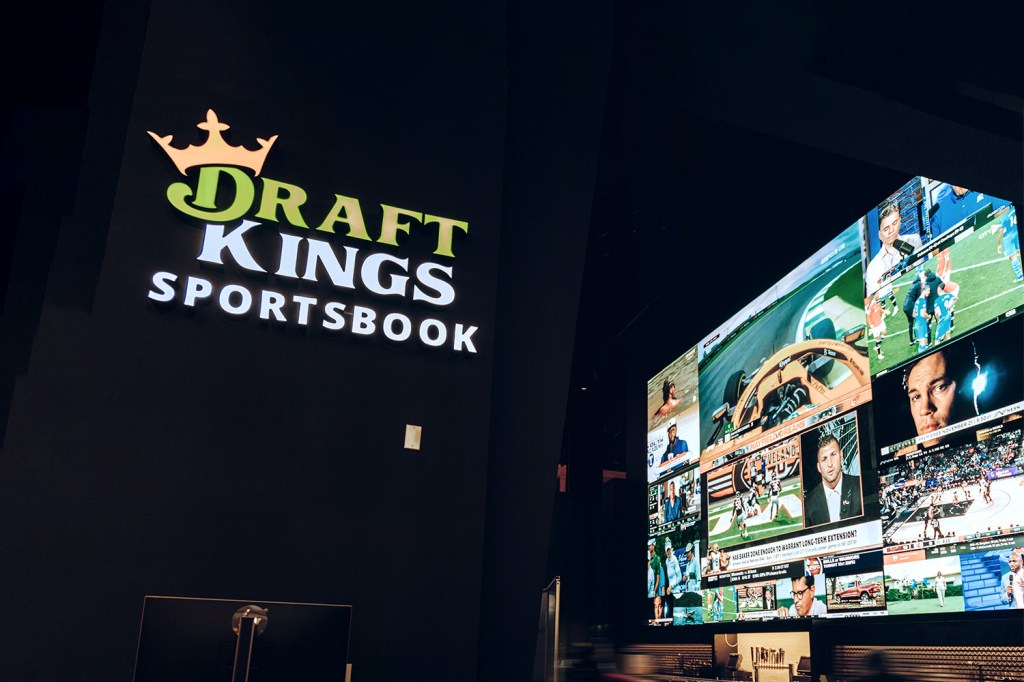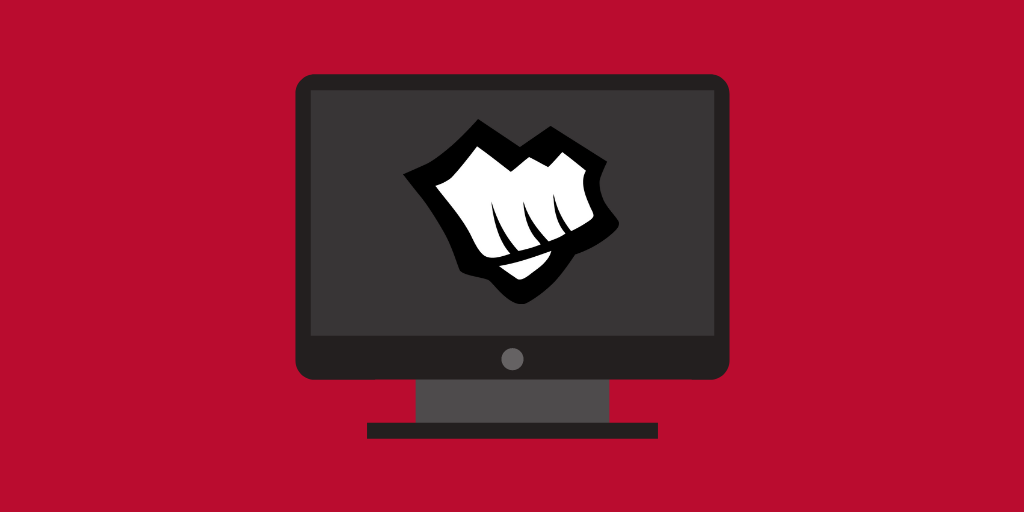
All eyes are on esports.
Whether you are an executive or just a casual onlooker, the phenomenon of the rapid rise of the industry in not only global interest, but sheer economics have people and brands clamoring to find a way to get in.
This rush to be first has left some with partnerships that didn’t produce the optimal results. Esports, unlike traditional stick and ball sports for the most part, require more than just a logo on a wall or a “presented by” graphic to drive action on behalf of a community that has shown resistance to sponsors who don’t do the diligence to find the best way to reach them.
One partnership where that is not expected to be the case is the partnership between Riot Games and Mastercard. Announced in late September, the deal will see Mastercard become the exclusive payment service partner for the Mid-Season Invitational, All-Stars Event, and the World Championship.
“What is so impactful about this deal is that Mastercard wanted to come into esports in a meaningful way and they wanted to commit to it for the long term. That’s a really big step for non-endemic brands.” – Naz Aletaha
In discussions about a partnership since 2016, Naz Aletaha, head of partnerships for esports at Riot Games, credits the team at Mastercard for being deliberate in its approach to the space and taking a step back and committing to learning before actually jumping in.
“I really have to tip my hat to the Mastercard team because they’ve been incredibly thoughtful and very deliberate throughout the process. They came in and wanted to learn about the community and what will work and what won’t work from a partnership standpoint.”
[mc4wp_form id=”8260″]
Part of Mastercard’s strategy also involved leaving what it had done with traditional sports at the door and full immersing itself, knowing that the involvement with LOL was going to be different than, say, the company’s involvement with the likes of Major League Baseball and UEFA.
“They didn’t want to just take what they do with traditional sports and automatically apply it,” added Aletaha. “They understood right away that they wanted to apply it with the right amount of nuance to make sure that it resonated with the audience.”
Similar to most, Riot Games is looking for partners who embrace its ethos as a company — to be the most “player-focused video game publisher in the world.”
With Mastercard, Aletaha didn’t just see a brand who matched up with Riot philosophically, but one who could help enhance its mission as a company.
SEE MORE: Study Confirms Esports Has Graduated to the Big Leagues
“We knew that they wanted to come in and help elevate and enhance the experience for players. They weren’t just coming in to be transactional. They wanted to add value to the community, for viewers and players alike, that is what moves the needle.”
Armed with a portfolio that would make most teams and properties envious, Aletaha credits the likes of State Farm, Coca-Cola, and Mercedes-Benz for their success because, like Mastercard, they put education first before entering into the space.
“We tell our partners that we want our player base to look at the partners and think that they have been there all along.” – Naz Aletaha
Although League of Legends is one of the most popular games in the world, it’s no secret that Riot Games has yet to directly monetize its esports endeavors. However, the Mastercard agreement is one more signal that the Riot Games esports team plan to lean in more heavily to secure partnerships, rights deals, and other revenue-generating opportunities.
While Aletaha assured that Riot wouldn’t be taking its foot off the gas when it comes to the desire to continue to build the esports side of the business, she did acknowledge that partnerships like this do “help build the business” and that if any changes were made to how the publisher approaches esports, it will be done with “efficiencies” in mind, with a priority on the fan and viewer experience.
[mc4wp_form id=”8260″]
Indeed, as the first global partnership deal for League of Legends, Riot expects to use the deal with Mastercard as a blueprint for the construction of a partner program that looks similar to what one might find with Olympics or the World Cup. Considering its World Championships alone are a month-long event, there is no reason why something like that may be out of reach.
SEE MORE: Hyundai’s NFL Efforts Help Power Brand’s Marketing Initiatives
“We see ourselves having a couple of top global partners that are very relevant and resonate with our global player base,” mentioned Aletaha when talking about their partnership future now that Mastercard is in the fold. “We then think there’s plenty of opportunity at the regional level where there could be partners that pertain to a specific country or region. The framework is now there and we plan to grow it.”
